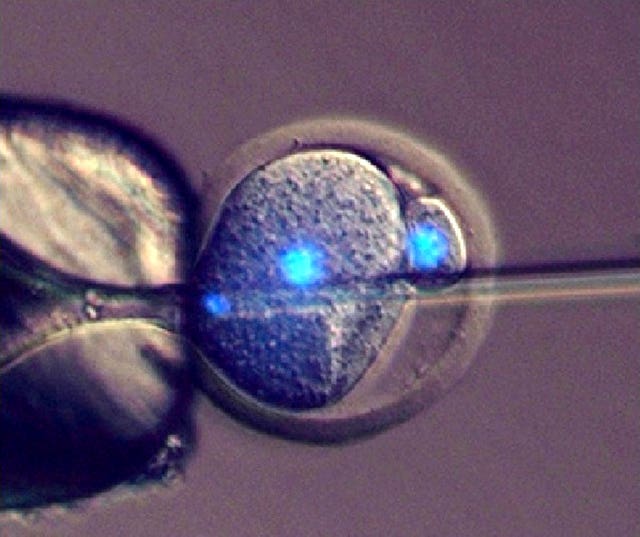‘Survivor’ sperm give rise to fitter longer-lived offspring, research shows
Study of zebra fish may have important implications for human fertility treatment, say scientists.

Long-lived sperm pass qualities of greater survival and fitness across future generations, a study has found.
In a laboratory experiment, scientists separated out longer and shorter-lived sperm from the same zebra fish semen sample.
They then used the sperm to fertilise two half clutches of eggs laid by a single female.
Lead scientist Dr Simone Immler, from the University of East Anglia’s School of Biological Sciences, said: “We found that when we select for the longer-lived sperm within the ejaculate of male zebra fish, the resulting offspring is much fitter than their full siblings sired by the shorter-lived sperm of the same male.
“More specifically, offspring sired by longer-lived sperm produce more and healthier offspring throughout their life that age at a slower rate.
“This is a surprising result, which suggests that it is important to understand how sperm selection may contribute to the fitness of the next generations.”

The findings, reported in the journal Evolution Letters, have important implications for human reproduction and fertility, and IVF treatment, say the researchers.
A single ejaculate of semen may contain millions of sperm, but only very few end up fertilising an egg, Dr Immler pointed out.
She said: “The sperm within an ejaculate vary not only in their shape and performance, but also in the genetic material that each of them carries.
“Until now, there was a general assumption that it doesn’t really matter which sperm fertilises an egg as long as it can fertilise it.
“But we have shown that there are massive differences between sperm and how they affect the offspring.”
The scientists are now searching for the genes that underlie their findings.
“This research has important implications for evolutionary biology and potentially beyond into areas that use assisted fertilisation technologies, for example in livestock rearing or IVF in humans,” Dr Immler added.





